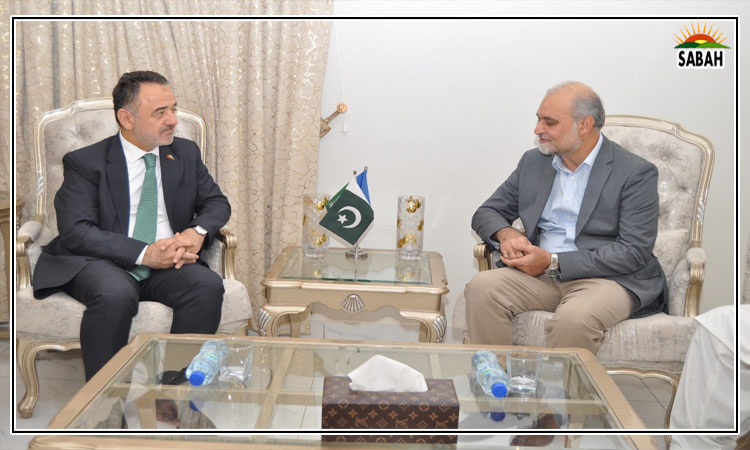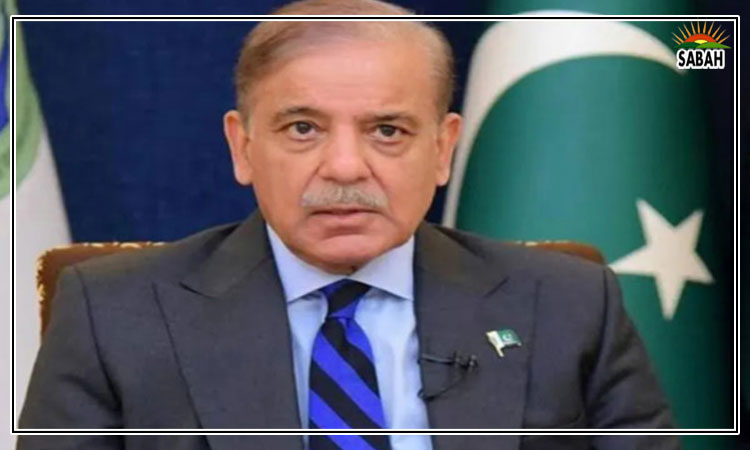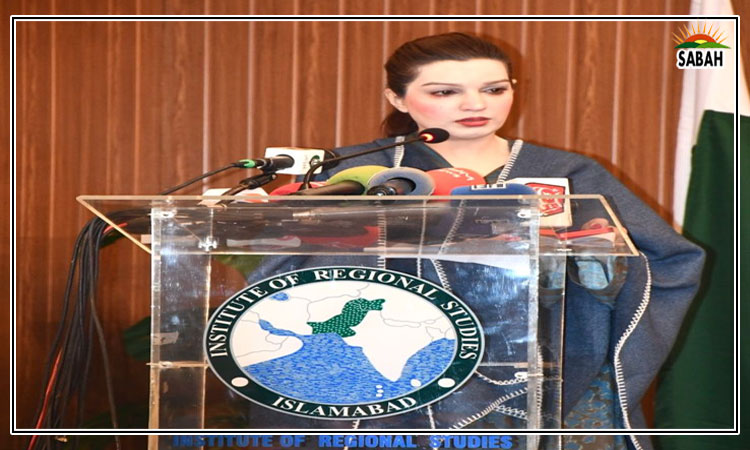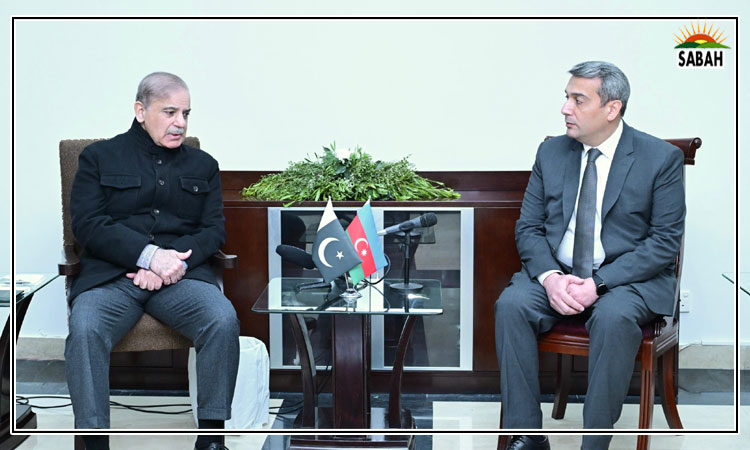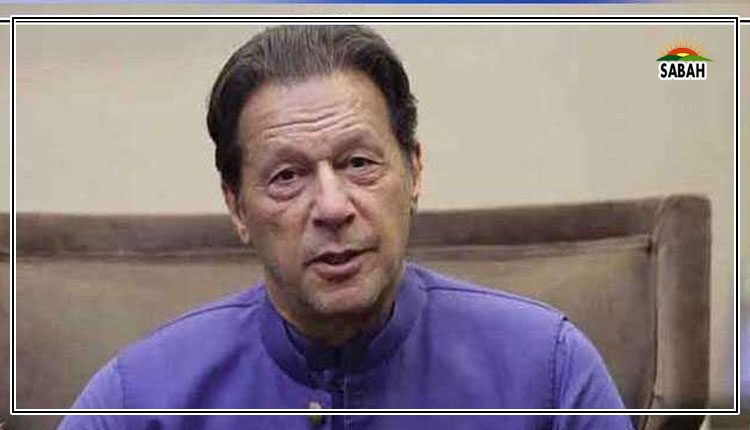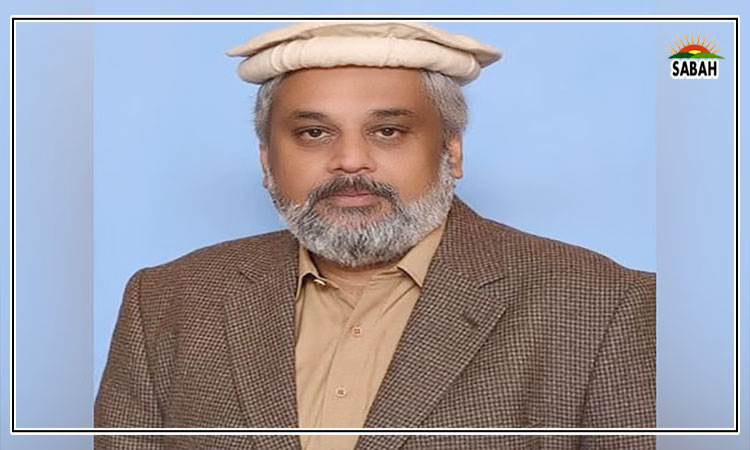IMF 21st program, EFF envision progressive Pakistan through structural reforms in govt: Esther Pérez Ruiz
ISLAMABAD, Oct 10 (SABAH): International Monetary Fund (IMF), Resident Representative for Pakistan, Esther Pérez Ruiz on Thursday at an interaction with experts, civil society, and academia said that post Stand-By Arrangement launch in July 2023, the confidence in policymaking has improved with inflation plummeting to its lowest level in three years, international reserves more than doubled, and the economy on the course of improvement. Pakistan has managed to revive economic and financial stability over the past fiscal year despite challenging external environment and destructive impacts of 2022 floods, she said.
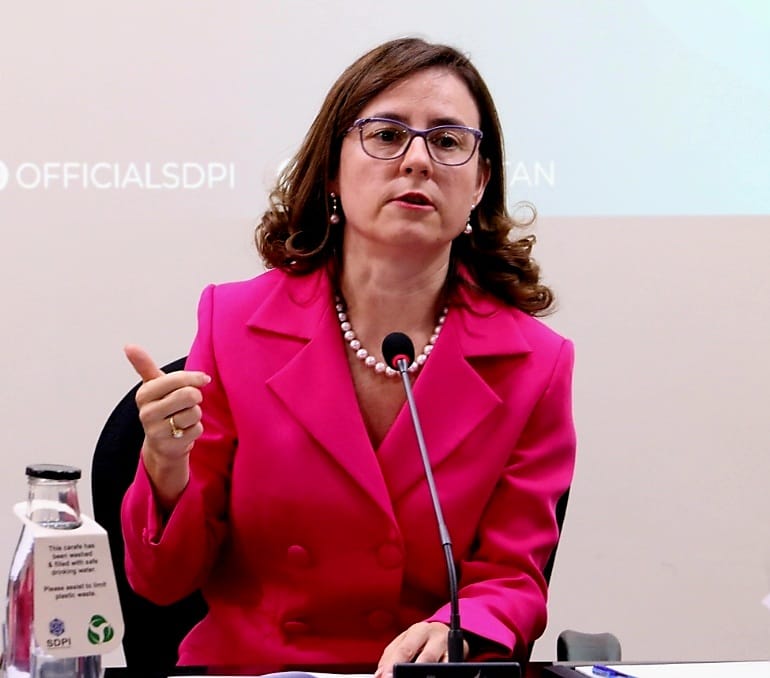
The Sustainable Development Policy Institute (SDPI) hosted the IMF Resident Representative for Pakistan Esther Pérez Ruiz at a discussion on “Raising Pakistani Living Standards and Economic Resilience” following the approval of the 2024 Extended Fund Facility (EFF) here at the SDPI Conference Hall.
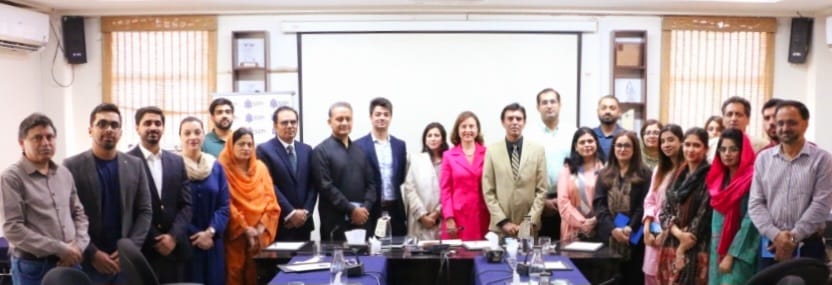
Ms. Esther Pérez Ruiz said to achieve the prime objective of a better life for a major chunk of the Pakistani masses, a goal the IMF merrily supports demands Pakistan to shift its development model away from state intervention in economic decisions entailing protectionism, incentives, subsidies, and tax concessions primarily for privileged groups.
Ms. Ruiz underlined that the country needs policies that unclutter the economy, promote competition, reduce trade barriers, and streamline regulatory burden to facilitate the expansion of new and more productive activities and exports. She also supported reforms in the public sector to enable more efficient role in generating the resources needed to improve public services, build human capital, and upgrade infrastructure in a more fair and sustainable manner.
Esther Pérez Ruiz added that the new IMF Extended Fund Facility (EFF) approved last week by the IMF’s Executive Board also envisioned these indigenously developed priorities of the government in it’s multi-year reform program. The EFF endorsed the government’s commitment to set Pakistan on the track to resilient and inclusive growth through several key pathways to protect real incomes and provide affordable energy, social protection schemes to protect the most vulnerable, advancing energy sector reforms, reduce the cost of purchasing power agreements, improve tax fairness with wealthier segments of society, along with economic sectors that have remained largely untaxed in the past, expected to contribute more to the national domestic revenue generation and enhanced government revenues that will enable Pakistan to address its priority development needs, reduce Pakistan’s indebtedness and potentially reduce other more regressive taxes, she added.
“Enhancing the role of provinces in fiscal affairs (in line with the 18th Amendment) will help balance resources and spending programmes between federal and provincial governments with a twofold aim,” Esther Pérez Ruiz said. International evidence suggests that investing in people through basic healthcare, education, training programmes, and fostering entrepreneurship by reducing the state’s role in economic decisions can significantly enhance growth potential and inclusiveness, the IMF Resident Representative said.
Earlier in his opening remarks, Dr. Abid Qaiyum Suleri, Executive Director SDPI said the IMF Resident Representative in her opinion built the case on the EFF as a facility to raise Pakistani Living Standards. The special talk was organized to understand the long-term impacts of the EFF and macroeconomic stability measures proposed in the program. Dr. Abid Qaiyum Suleri mentioned that Pakistan is reviving economically as macroeconomic indicators are improving and the Saudi investment and business delegation is on its visit to Pakistan.
“Macroeconomic stability should not bear the cost of microeconomic stability of lower and lower middle income earners that we require to devise into measures to protect and improve their livelihoods,” he said, adding that it was a challenge for the government to ensure a balancing act to manage microeconomic and macroeconomic stability indicators.
The special talk ended with an extensive question hour session participated by experts, members of think tanks, academia, civil society, practitioners and media which was responded by the IMF Resident Representative.



